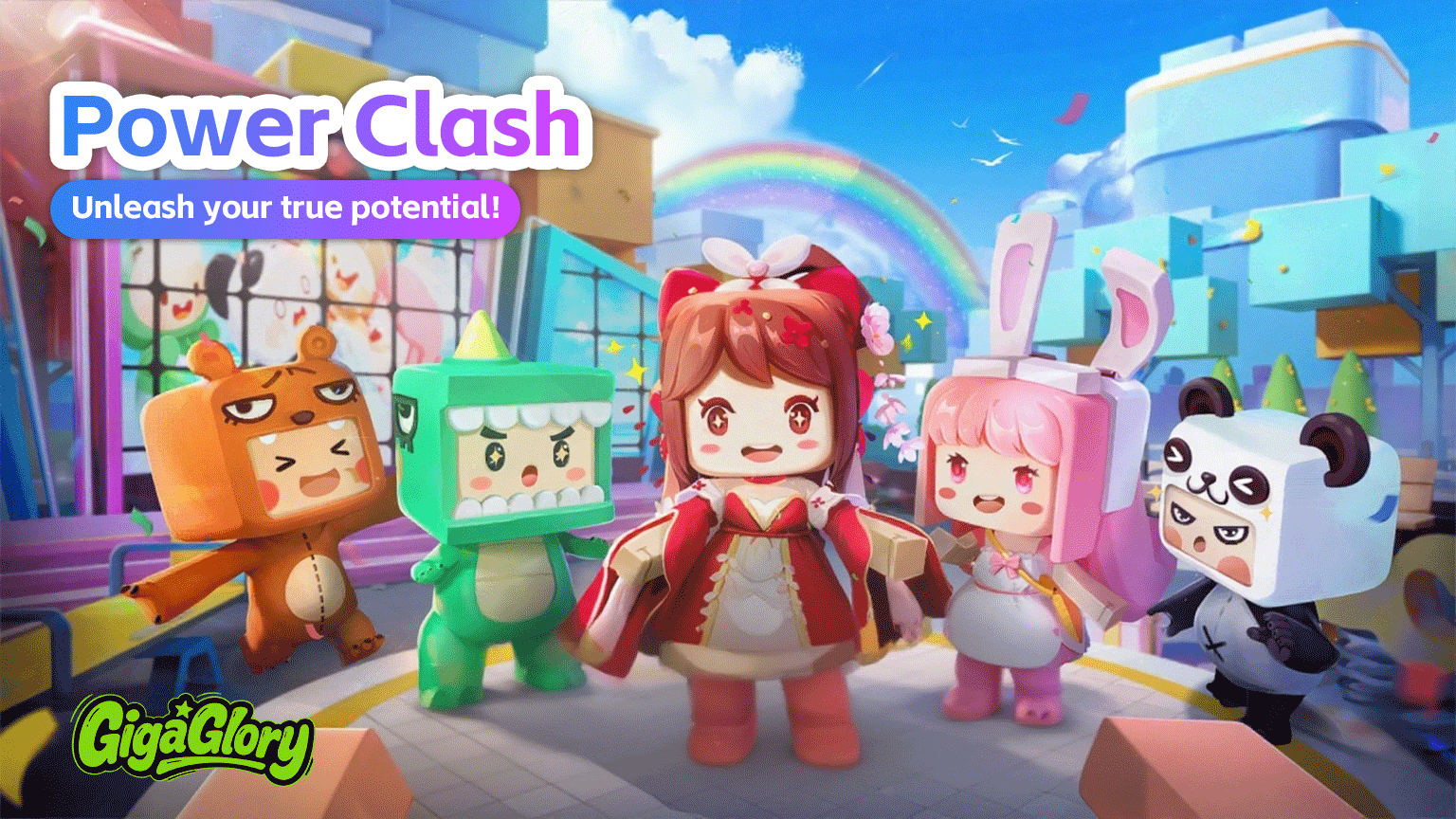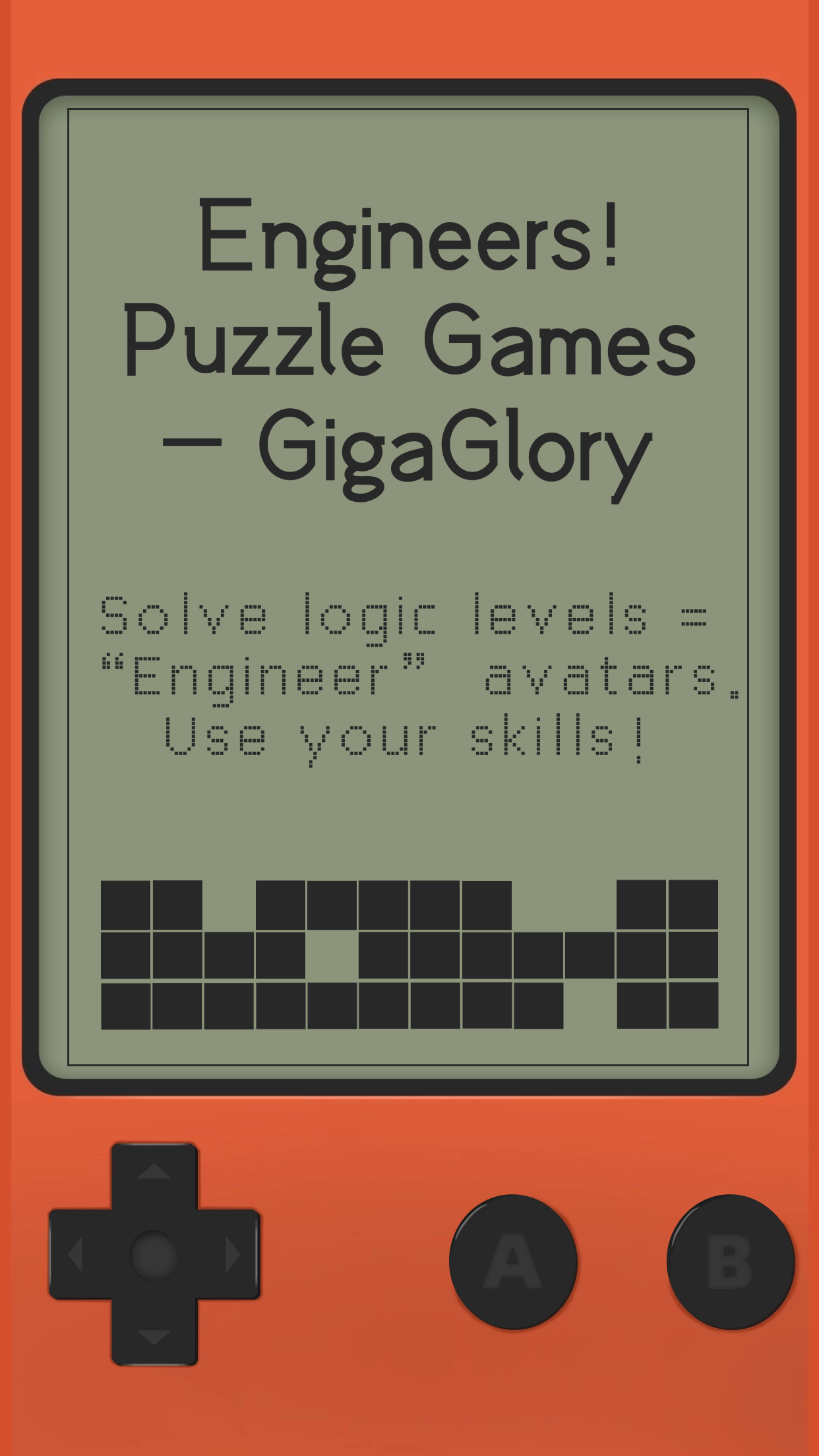Unlocking Learning Through Fun: How Puzzle Games Are Transforming Educational Games
The Rise of Puzzle Games in Education
Puzzle games are more than just a pastime; they’re becoming essential tools for learning. As technology evolves, so do the ways we engage learners. Today’s students, particularly in Serbia, are increasingly benefiting from these innovative games that combine entertainment and education.
What are Puzzle Games?
Puzzle games are interactive challenges that require players to solve problems, think critically, and navigate through various levels of difficulty. From match-three games to jigsaw puzzles, they offer engaging pathways to learning.
Why Customize Educational Games?
One size does not fit all when it comes to education. Each student has unique needs and learning styles. Customizing educational games, particularly puzzle games, allows for adaptability to different learning environments.
Benefits of Using Puzzle Games in Education
- Enhances Critical Thinking: Players learn to analyze situations and develop problem-solving skills.
- Fosters Engagement: The fun factor keeps students interested and motivated.
- Encourages Collaboration: Many puzzle games require teamwork, teaching social skills.
- Improves Memory: Regular gameplay can boost memory retention and recall ability.
Puzzle Games vs. Traditional Learning Methods
While traditional learning methods focus on rote memorization, puzzle games offer a more dynamic approach. They enable students to apply knowledge in real-time, enhancing understanding through practice.
Popular Puzzle Games in Educational Technology
| Game | Age Group | Learning Focus |
|---|---|---|
| Cool Math Games | 7-14 | Math Skills |
| Prodigy | 6-14 | Math Concepts |
| Brain Blox | All Ages | Logic and Strategy |
Integrating Puzzle Games into the Curriculum
Educators need strategies to include puzzle games in their teaching methods. Here are some approaches:
- **Assign specific games for homework** to promote learning outside of the classroom.
- **Incorporate games as tools during lessons**, enhancing content delivery.
- **Create competitions using puzzle games**, making learning fun and engaging.
Classroom Implementation: Case Studies
In various Serbian schools, the introduction of puzzle games has proven successful. For instance, a primary school incorporated puzzle challenges in their math curriculum, resulting in a 30% increase in student engagement.
Challenges in Implementing Puzzle Games
Despite the benefits, there are challenges educators face:
- Lack of access to technology in some regions.
- Resistance from traditional educators who favor conventional methods.
- Difficulty in aligning game content with educational standards.
The Future of Puzzle Games in Education
The future looks promising. With advances in AI and VR, puzzle games will evolve, providing even richer learning experiences. Expect more personalized games that adapt to the individual learner’s pace.
How Puzzle Games Are Different from Typical RPG Games
Unlike RPG games, which often focus on storytelling, puzzle games prioritize skill development. However, RPG games can include puzzle elements to promote problem-solving within their narratives. For instance, Clash of Clans includes strategic decision-making that mirrors puzzle-solving skills.
Baes Building in Clash of Clans: A Puzzle in Itself
Many gamers engage in strategic thinking while building their bases in Clash of Clans, especially at higher levels like level 8. The need for efficient layouts and resource management presents a compelling puzzle for players.
Comparing Puzzle Games to PSX RPG Games
PSX RPG games offer vast worlds and character development, but they're less focused on logic and critical thinking than puzzle games. The distinction lies in the objective: the former leans toward narrative and exploration, while the latter hones specific cognitive skills.
The Role of Multiplayer Puzzle Games
Multiplayer puzzle games promote collaboration. They teach learners to work as a team, which is a critical skill in today’s workforce. Simultaneously, they can compete against each other, creating an engaging learning environment.
Incorporating Technology: Online Puzzle Games
Online platforms offer a vast array of puzzle games. They provide opportunities for remote learning, allowing students in Serbia to learn from anywhere. The accessibility of online learning games boosts their effectiveness.
Learning Outcomes from Puzzle Games
Research shows that students who engage with puzzle games demonstrate improved academic performance. They score higher in standardized tests and show better comprehension of complex concepts.
Conclusion
Puzzle games have transformed educational methodologies. They ignite learning by merging fun with education, supporting various learning styles, and promoting critical skills essential for the modern world. As educators in Serbia embrace these tools, we can expect a generation that is not only savvy in academics but also adept at problem-solving and critical thinking.
FAQs
- What are some effective puzzle games for children?
Games like Prodigy and Cool Math Games are widely recommended. - Can puzzle games improve academic performance?
Yes, numerous studies indicate a positive correlation between puzzle game engagement and academic achievement. - How can I encourage my child to play educational puzzle games?
Set up gaming sessions and focus on games that align with their interests and educational needs.



